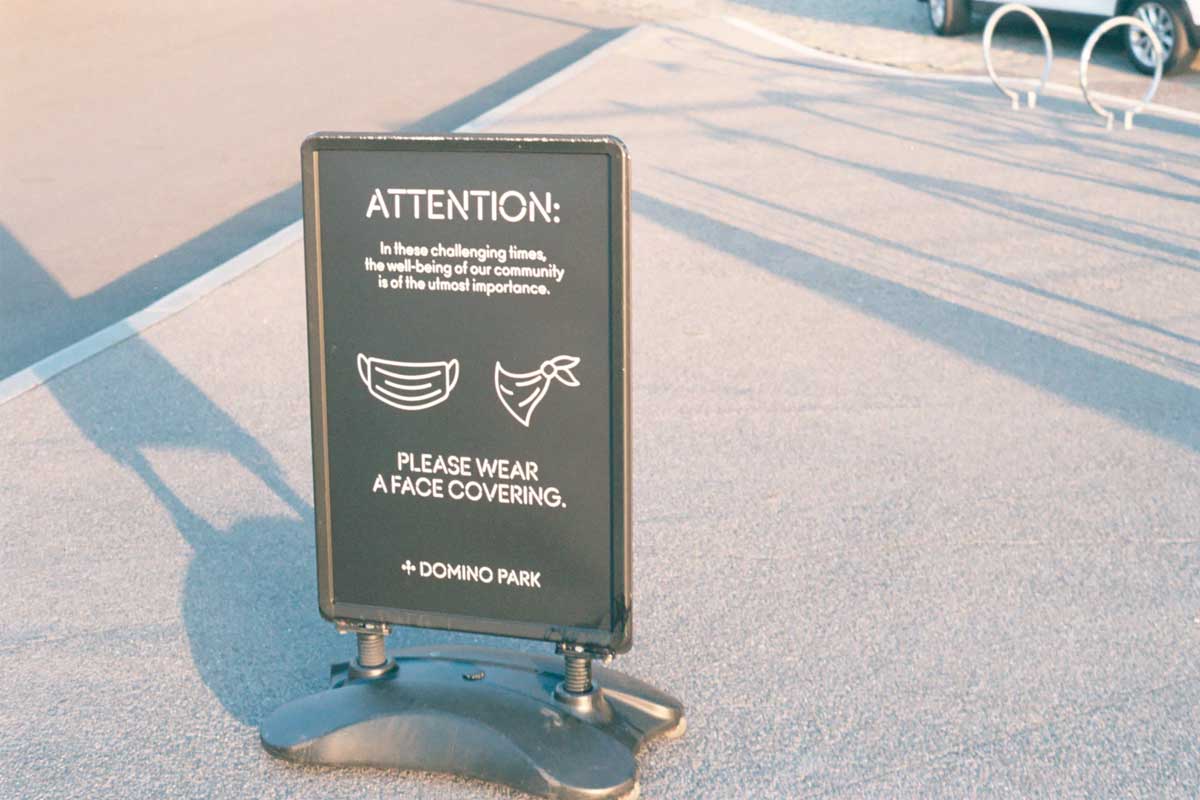As more businesses have re-opened their doors, they have implemented a range of safety measures to protect their employees and customers from COVID-19. Providing complete protection against the virus, however, is nearly impossible. As a result, if one of your employees or customers contracts COVID-19, you may be subject to a lawsuit on the grounds that your business is responsible for the infection.
No National Law Shields Businesses from COVID-19 Civil Liability Lawsuits
Although lawmakers at the federal level have discussed protections for businesses, there is currently no national law that shields companies from negligence lawsuits. In the absence of a specific federal statute, employers should consider non-specific—but potentially applicable—federal statutes and regulations.
Under OSHA’s general duty clause [29 USC 654(a)(1)], for example, you are required to furnish each worker with “employment and a place of employment, which are free from recognized hazards that are causing or are likely to cause death or serious physical harm.” OSHA has published general guidance and industry-specific guidance on how employers can protect their employees, but there currently is no law specific to COVID-19. To protect your employees against illness and to protect your business against negligence suits, follow the guidance from federal agencies such as OSHA and the CDC.
Massachusetts Law Shields Only Those Providing Health Care Treatment to COVID-19 Patients
Some states have enacted laws that would protect certain industries from certain suits related to COVID-19 exposure. Massachusetts, for example, shields health care workers, health care facilities, and volunteer organizations who treat COVID-19 patients from claims of negligence, with certain key exceptions. The principle underlying such laws is that front-line health care workers and their employers who are not grossly negligent should not be held to any higher standard. The customer bears some risk for contracting the virus. So long as a company is providing the services in good faith and is not grossly negligent or engaging in recklessness or conduct with an intent to harm or to discriminate, it can most likely avoid or limit liability damages. Adhering to established COVID-19 precautions and health and safety standards would be important first steps in meeting this standard.
Here in Massachusetts, where no overarching COVID-19 liability law has yet been passed, businesses should continue to adhere to the state and federal guidance. As more states pass liability protection laws, business owners should take care to understand their own state’s specific requirements to ensure compliance with the law and necessary measures. For example, some state’s liability laws require the business to post at or near the entrance a warning about potential for COVID-19 exposure and a notice about the business’s liability protection. Note that any state’s legal requirements for liability protection are separate from that state’s guidance related to COVID-19 and reopening. Should a COVID-19- specific liability law eventually be enacted, examine the text to determine if your business is required to take any additional steps to qualify for protection.
Limit Liability Risk by Taking Reasonable Precautions in Good Faith to Protect Employees and Customers
The protection afforded by any future COVID-19 liability law will most likely be limited to companies that act in a reasonable and good faith manner to protect employees and customers. Continue to monitor guidance from your local, state, and the federal governments, and update your workplace policies and safety measures accordingly. Maintaining health and safety standards, keeping accurate records, and communicating well with employees are steps you can take to limit your liability for COVID-19 claims. More importantly, in so doing, your business will reduce the spread of this dangerous virus.

